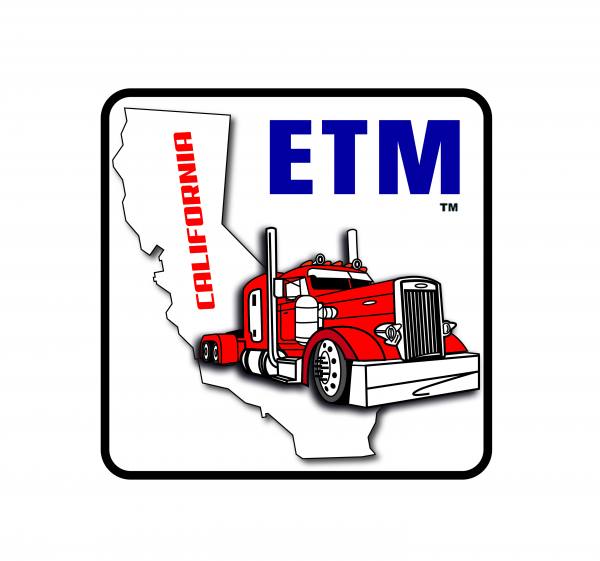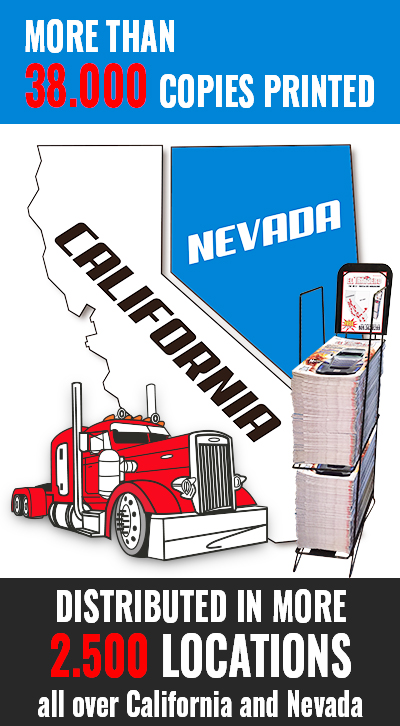 |
|
 |
Get our FREE |


California´s electric vehicle mandate, specifically targeting Class 8 trucks, has sparked a heated debate over its feasibility and impact on the transportation industry. The Advanced Clean Trucks regulation, approved by the EPA, requires a significant portion of new trucks sold in the state to be electric by 2035. However, California Representative Kevin Kiley, a Republican, has introduced a resolution under the Congressional Review Act (CRA) to repeal the regulation, arguing that it restricts freedom of choice and imposes a substantial economic burden.
Challenges Facing Class 8 Electric Trucks
Class 8 trucks, used for long-haul heavy cargo transportation, face several challenges with the electric transition, including high upfront costs, lack of charging infrastructure, and limitations in range and payload capacity. Additionally, the transportation industry feels unprepared to adopt this technology due to supply shortages and the absence of a network of fast chargers on long-distance routes.
Environmental and Policy Implications
Despite the criticism, state leaders and environmental advocates defend the regulation, claiming it is essential for reducing carbon emissions and improving air quality in affected communities.
The final decision now lies with the U.S. Congress, which could overturn the regulation if it passes Kiley´s resolution. This would impact not only the transportation industry but also California´s environmental strategy and its influence on other states.
Driver fatigue is one of the leading causes of accidents in the trucking industry. To reduce this risk, the Federal Moto...
read more...In California, strict regulations from the California Air Resources Board (CARB) require trucks to meet high emission st...
read more...Whip Around is an innovative mobile application designed to simplify daily vehicle inspections and digital maintenance r...
read more...In 2025, the trucking industry faces significant challenges in optimizing operational costs due to rising fuel prices an...
read more...

